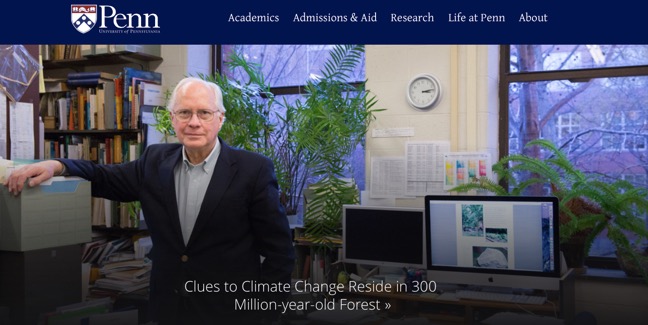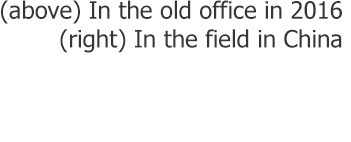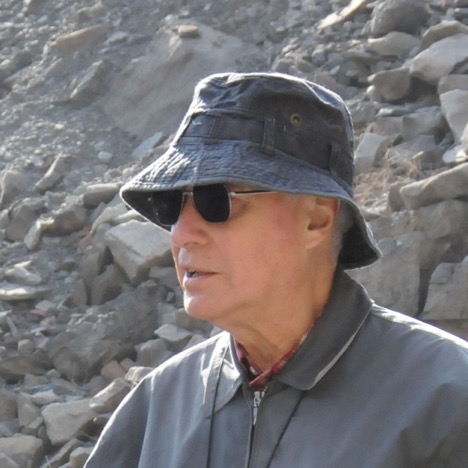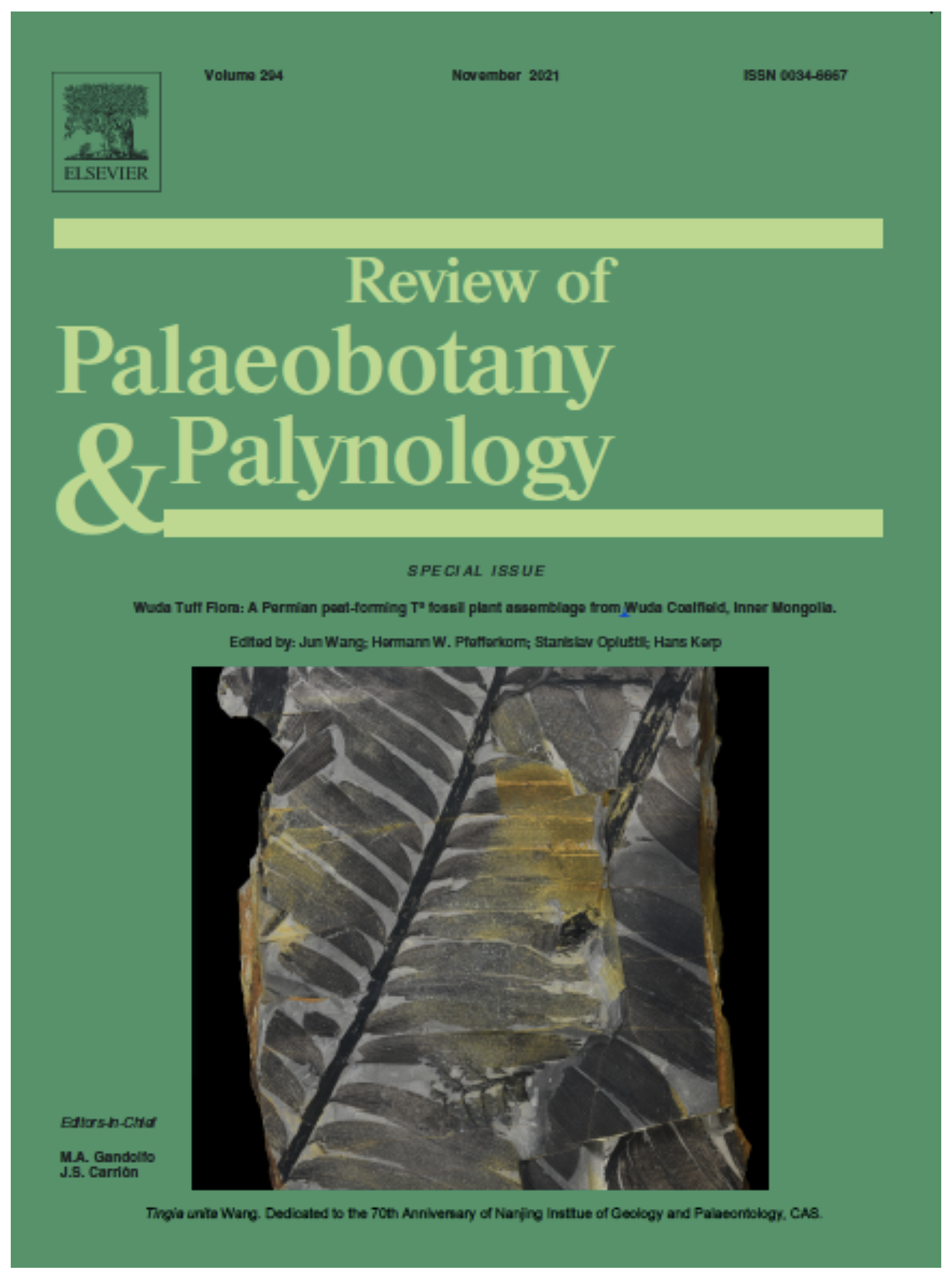RESEARCH IN CHINA
A paleobotanical Pompeii from Northwest China~298 Ma
(basal Asselian, Cisuralian, Permian)
Clues to Climate Change Reside in 300 Million-year-old Forest
In the earliest Permian about 298 million years ago the North China microcontinent was in tropical latitudes and a forest that grew on peat was smothered and preserved by a volcanic ashfall. Trees, shrubs, and herbs were preserved in place and have been excavated and studied by a team of Professor Jun WANG, Hermann Pfefferkorn, and other Chinese, and European paleobotanists. The research at Wuda is a project of Professor Jun WANG and the Nanjing Institute of Geology and Palaeontology of the Chinese Academy of Sciences in Nanjing, China, and has been supported by a number of Chinese granting agencies, local officials in Wuda and Wuhai City, the mining companies, and a local museum. In addition, the foreign scientists received some support through their own countries as acknowledged in the various publications.
The site is situated in a mining district near Wuda to the west of the Yellow River in Inner Mongolia, China, north of the province of Ningxia. Wuda belongs administratively to the City of Wuhai that is situated east of the Yellow River.
Below we present an earlier publication on the site in the Proceedings of the National Academy of Sciences (USA), parts of a web presentation about Hermann Pfefferkorn’s research in China from the University of Pennsylvania Office of University Communications of February 2016 and a few photographs from field research and meetings. Other papers can be found in the bibliography. Furthermore, publications have been published by other members of the team and several publications are in preparation.
UPenn Spotlights PDF download here: Clues to Climate Change



In 2021 the Review of Palaeobotany and Palynology published a volume with 16 articles on the 298 million year old flora from the Wuda Coalfield in Inner Mongolia, China. The introduction to this volume gives an overview of the studies (see citation below)
Wang, J., Pfefferkorn, H.W., Opluštil, S., Kerp, H., 2021. Permian “vegetational Pompeii”: A peat-forming in situ preserved forest from the Wuda Coalfield, Inner Mongolia, China – Introduction to a volume of detailed studies. Review of Palaeobotany and Palynology, v. 294, https://doi.org/10.1016/j.revpalbo.2021.104502

